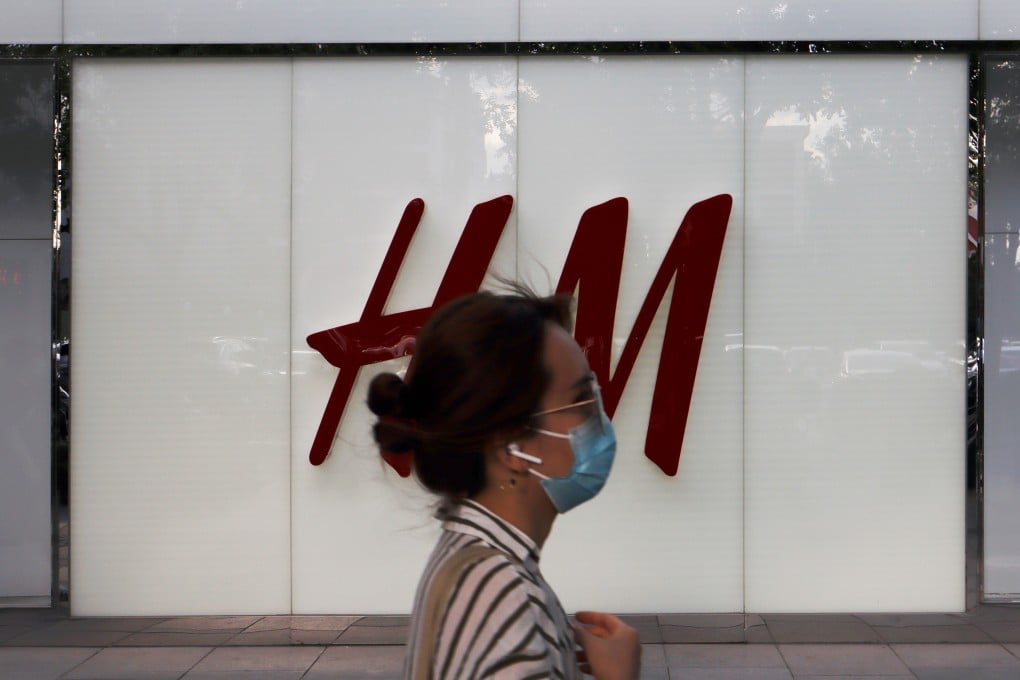Advertisement
H&M under fire in China over refusal to buy Xinjiang cotton
- Chinese celebrities cut ties, and products removed from online e-commerce platforms as clothing company criticised
- Retailer’s China operations says its position on sourcing is not political
Reading Time:3 minutes
Why you can trust SCMP
99+

Swedish multinational clothing retailer H&M is facing a backlash within China for not buying cotton produced in Xinjiang, as Beijing battles claims of genocide and forced labour in the region.
In a statement last year, H&M, the world’s second-biggest clothing retailer, said it did not source cotton from Xinjiang.
“We do not work with any garment manufacturing factories located in the Xinjiang Uygur autonomous region, and we do not source products from this region,” the company said.
Advertisement
Mainland Chinese media reported that H&M products were removed from all major Chinese e-commerce platforms, including JD, Taobao, and Pinduoduo. Taobao is owned by Alibaba which also owns the South China Morning Post.
Searches for H&M products on these platforms yielded no results on Wednesday.

02:02
Britain sanctions Chinese officials over Xinjiang alongside US, EU and Canada
Britain sanctions Chinese officials over Xinjiang alongside US, EU and Canada
H&M headquarters in Sweden did not respond immediately to requests for comment.
Advertisement
Select Voice
Select Speed
1.00x